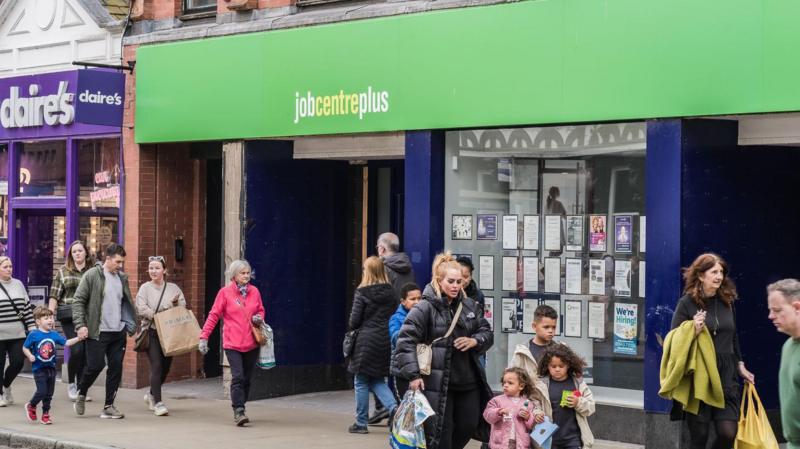Summary
The UK government plans to fast-track a £1 billion support plan to help people affected by changes to welfare benefits get jobs. However, officials at the Department for Work and Pensions (DWP) believe the plan is poorly organized and unlikely to be successful. The government hoped to save money with welfare reforms but faced opposition, leading to changes that could reduce potential savings and possibly result in higher taxes.
Key Facts
- The government aims to speed up an employment support plan that was set for 2029, pushing it earlier with a budget of £1 billion.
- Officials at the DWP have expressed concerns, calling the program a "mess" and "undeliverable."
- The government wants more people in jobs to lower welfare costs and help grow the economy.
- A senior benefits official stated that the program lacks proper planning and sufficient effort.
- The initial goal was to save £5 billion a year by 2030 from welfare reforms, but changes in plans have altered this.
- Due to opposition, the government revised its plans, allowing current recipients of certain benefits to keep them, reducing expected savings.
- The employment support scheme announced in March has made little progress, according to DWP sources.
- There are challenges in getting certain groups into work, partly because of health issues and long-term unemployment, especially in rural areas like Cumberland.
